ETHIOPIA - KABIRA LOT#3 - NATURAL
Tax included
Shipping calculated at checkout
Out of stock
FARMGATE PRICE
FARMGATE PRICE: €3.90
The Farmgate price is ultimately the real price paid to the farmer who originally produced the coffee. Ultimately it is the most transparent price you can find.
The following costs must then be added to the Farmgate price before arriving at the roastery:
- Packaging costs
- Handling costs at origin
- Logistics costs (shipping and customs duties)
- Handling costs on arrival
- Customs clearance costs and phytosanitary controls in Europe
- Internal transport costs
DESCRIPTION SENSORY
TECHNICAL DESCRIPTION
| Origin | Ethiopia |
| Area | Jimma |
| Cooperative/Farm | Kabira |
| Microlot | Lot#3 |
| Altitude | 2050m |
| Variety | Native variety |
| Process | Natural |
FULL DESCRIPTION
Mustefa Abakeno is a small producer with 18 hectares of land near Agaro, in the Jimma area of western Ethiopia. His farm is located at 2,040 meters above sea level and is cultivated with coffee varieties from the Jimma research center. Mustefa owns a small disc pulper that she uses for the washing process of half of her coffee, while the other half is dried as natural. Due to the lack of water in the area and the limited space for coffee brewing, Mustefa ferments the stripped coffee for a short time (8 hours) before transferring it to the drying beds (for 13-16 days), resulting in a similar to a "light honey".
Mustefa only registered as an exporter in 2018 to be able to sell his coffee directly to buyers, which was made possible by regulatory changes that occurred that year. The small washing plant he created (called Beshasha) is used to process his and local farmers' coffee, which he keeps separate and dries on raised beds near his home. The local farmers who collaborate with Mustefa are all her neighbors and each own between 4 and 10 hectares of land.
With the support of the Falcon team in Addis Ababa, we can work directly with small producers like Mustefa. We see a huge opportunity to improve quality through direct relationships, as we can collaborate with producers on cherry selection, drying and farm management.
In 2021, Falcon Addis added an agronomist to their team, Harun. During the last harvest, Harun mainly focused on training and supporting Mustefa and the local farmers who bring their cherries to the washing station. Harun improved processes at the station: he installed shade nets to cover the drying beds during the hottest hours of the day; started selecting cherries at the delivery point; has labeled daily batches to keep them separate and monitor moisture content during the drying phase, ensuring uniform drying before the batches are blended.
Mustefa has a small field laboratory and purchased a high-precision Sinar moisture meter in 2020 to ensure that all parchment coffee dried at the stations reaches the same moisture level before being stored. Harun evaluated and classified the daily dried batches, grouping them based on quality and organoleptic profile. He is currently training farmers in Good Agricultural Practices (GAP) to improve the quality and productivity of their coffee gardens.
In 2020, Mustefa acquired a second washing station, Kabira, to receive cherries from local producers. Due to subtle differences in location and microclimate, Beshasha now processes almost exclusively washed batches, while Kabira, which has more space for drying beds, is better suited to processing natural batches.
How to choose:
NITROGEN AND VACUUM
Our packages are all packaged in a protected atmosphere (first under vacuum and then we insert nitrogen), using this particular technology which eliminates oxygen in the package, the coffee remains fresh for up to 3 months after roasting.
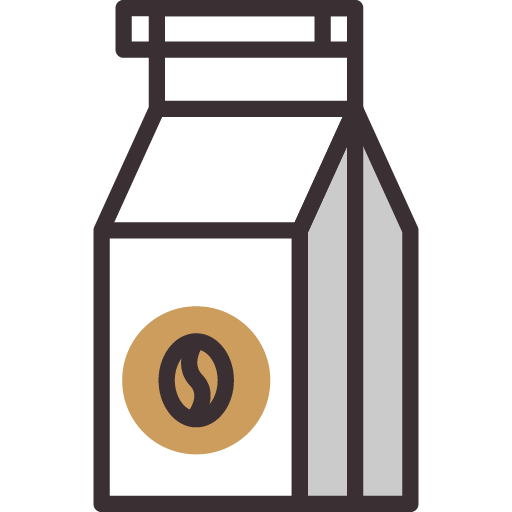
ROAST
We roast in two different ways, dividing into two main groups, based on the type of extraction:
- Light: suitable for Filtro/Aeropress type extractions, or for those looking for a coffee with a note of strong acidity and many aromas.
- Medium: suitable for Espresso/Moka extractions, or for those who want a coffee with a much more intense flavor and a hint of bitterness.

GRINDING
There are dozens of different grindings, it can be said that each machine or equipment requires a specific grinding.
With us you can choose to buy ground coffee for Moka or Filter.
We have tried to summarize them as follows:
- Jug/Cezve:
- Espresso:
- Moka:
- V60 Filter:
- Chemex:
- French Press/Infusore:

HOW LONG DOES IT LAST?
Coffee has a limited shelf life when we talk about quality. Even if up to 24 months can be written on the label, generally high quality coffee has lost most of its flavor and aroma in a few months. We recommend drinking it between 10 days and 60 days after the roasting date (provided the bag has never been opened). When the bag is opened, the quality of the coffee always deteriorates rapidly and aromas and flavor are lost within a few days. Unfortunately, the roasting date is not always written, especially by larger companies. On our packages you will find it clearly written on the back.
P.S. our bags are all vacuum packaged with added nitrogen, which extends the potential shelf life of the product.
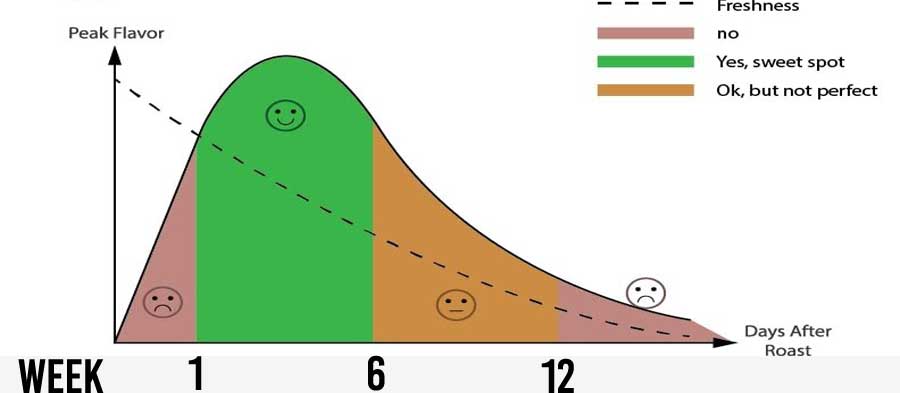
How to do:
ESPRESSO
Espresso requires some precision rules:
- Quality coffee
- Recommended roasting within 30-40 days
- Fine grinding
- Water temperature around 90-92°
- A single dose of 8-9g (double dose of 15-17g)
- Extraction time approximately 25 seconds
The use of quality espresso machines (range from €600 and up) can ensure a better result.
Preferably are machines that also have a coffee grinder to grind "fresh" coffee
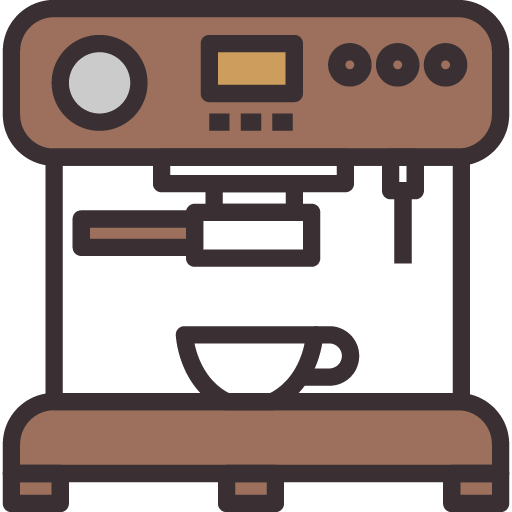
MOKA
The Moka requires a little attention:
- Use filtered or bottled water (NO TAP)
- Recommended roasting within 30-40 days
- Medium-fine grinding
- Fill the boiler with water without exceeding the valve
- Place the ground coffee into the filter without pressing or making any bumps, simply level it at the edge
- Place over medium heat
- Wait for the liquid to rise through the chimney, without letting it gurgle (TURN OFF AS SOON AS THE FLOW OF COFFEE BEGINS TO GO FAST AND COLOURLESS)
- Mix before serving
The Moka should only be washed with water and any neutral detergents (taking care to rinse carefully with water), never in the dishwasher or with abrasive sponges.
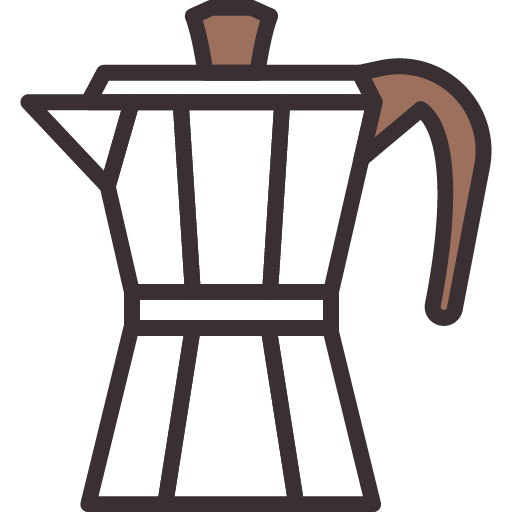
FILTER V60/CHEMEX
Filter or Chemex coffee requires precision in times and weights, some advice:
- Quality coffee
- Recommended roasting within 20 days
- Medium grind (medium-coarse for Chemex)
- Filtered or bottled water
- Water temperature of approximately 90-94° depending on the coffee used (generally those washed at higher temperatures)
- Approximately 15g of ground coffee for every 250g of water (Chemex at least 30g per 500g of water)
- Pre-infuse for 30-40 seconds by pouring hot water for double the weight of coffee used
- Pour the water in two or three steps as desired with a rotating direction, being careful not to create too much turbulence
- Contact/percolation time approximately 3 minutes (4-5 for Chemex)
A light roast is generally recommended for filter systems
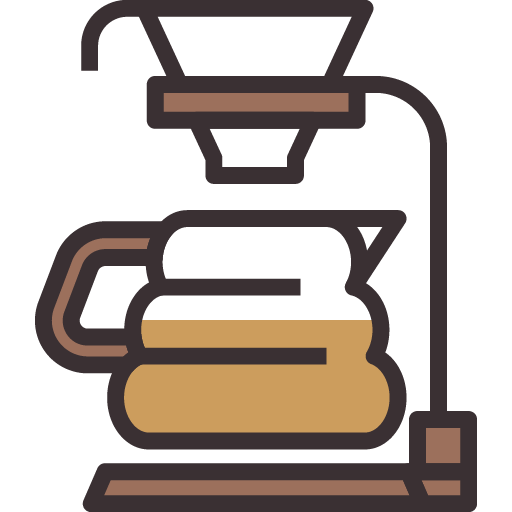
AEROPRESS
The Aeropress requires some precision rules:
- Quality coffee
- Recommended roasting within 20-30 days
- Medium grind (or as preferred)
- Use filtered water or bottle
- Water temperature around 85-90°
- A dose of approximately 17g per 200-220g of water
- Pour water for pre-infusion of 30-40 seconds
- Mix with the appropriate spoon
- Then pour in the remaining water and close the cap
- Turn the aeropress upside down and press firmly but steadily until extraction is complete
- Total contact/infusion time 2-3 minutes

OTHER SYSTEMS
There are dozens of different systems for extracting coffee, we have summarized the main ones here but if you need to know how to do the others not on the list, contact us





